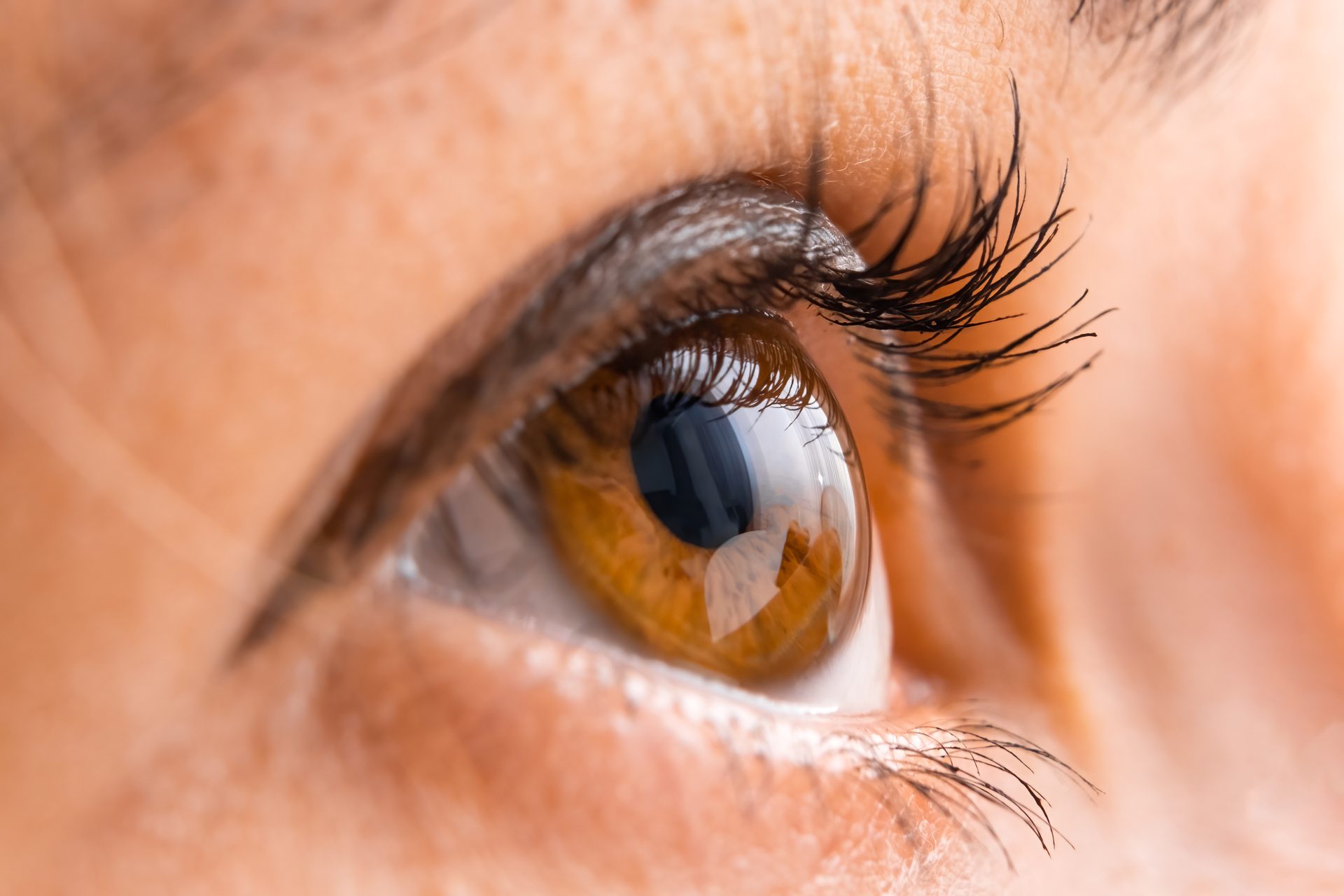Parbery’s financial community contribution

Parbery’s financial community contribution
I joined Parbery recently and a driving factor for me to seek to work here are Parbery’s values. I resonate with them. It is refreshing to be in an organisation that values staff, that strives to see, and genuinely help, everyone to reach their potential. Where it is ‘safe’ to question, learn and grow. Where people come first, and authentic relationships are actively demonstrated.
When I signed my contract with Parbery, I learned greater detail about their ‘Altruism without the agenda’ value. Parbery seeks to align community and commercial values for the greater good. They volunteer and do pro bono work for charities and causes that align with their principles, not the bottom line. This appeals to me. But wait, there’s more. Every staff member, after they have completed their probationary period, can nominate a charity of their choice, to make a financial contribution to, each year. If they can’t decide which one, they can nominate from Parbery’s current list, and their donation will be included on their behalf.
I wanted to do something a little different with my financial community contribution. I wanted it to go to research. More specially, to medical research at the Centre for Eye Research Australia (CERA), based in Melbourne.
Why? It’s simple. My family is affected by a little-known hereditary disease that causes blindness. Leber’s Hereditary Optic Neuropathy, or LHON, as it is known.
LHON is a mitochondrial disorder where the messages don’t transmit at the back of the eye to the brain. Research is being conducted around the world to discover why the messages are not transmitted. Being a rare condition, LHON, like many other little-known conditions does not get the research funding like other health conditions we all hear much more about.
My brother Robert lost his sight to LHON at age 38. Robert’s case was typical of this insidious disease. The sight of one eye went very quickly — over one weekend, and the other eye, over the next few months. He still retained some peripheral vison, but the loss of sight was of course, traumatic and devastating for him.
LHON affects more males than females carrying the gene and typically occurs at a young age, Robert was a bit older than the average. My family all potentially carry the defective gene.
In 2019 Robert passed away from an unrelated illness and when he was in his final stages in Canberra’s Clare Holland House, I got thinking about people who may need to know what was happening. One of those was Professor David Mackey, a Perth-based researcher on LHON. I remembered that when Robert was first diagnosed, Professor Mackey did much to help Robert transition in those early years.
I tracked down Professor Mackey and learned about the research that was going into LHON. I also learned about the need for material for research. That means, real samples.
I put the idea of donating Robert’s eyes for research into LHON, to the family. The decision was straightforward. Robert had experienced 26 years with LHON, now was a time to help others.
We knew that Robert would be proud of this.
After Robert passed away in early January 2019, his eyes were transported to Melbourne.
This donation was significant because it is only the second time in the world that the eyes from a deceased LHON patient have been donated for research. The other donation was in Italy.
Researchers in Singapore, Cambridge and Melbourne were collaborating how best to use his eyes to learn about this rare disease, how to treat it and prevent it.
At my brother’s funeral I told the gathering,
“Robert had never travelled overseas, but now the impact of his eye donation to research will impact people globally. Robert’s world just got enormously bigger.”
And in case you are crying right now, to lighten this up a bit — at Robert’s funeral, we played the song, “I can see clearly now” by Jimmy Cliff. It was perfect.
And just to remind you the lyrics start with:
“I can see clearly now the rain is gone
I can see all obstacles in my way
Gone are the dark clouds that had me blindIt’s gonna be a bright (bright)
Bright (bright) sunshiny day
It’s gonna be a bright (bright)
Bright (bright) sunshiny day…”
Thank you Parbery.


